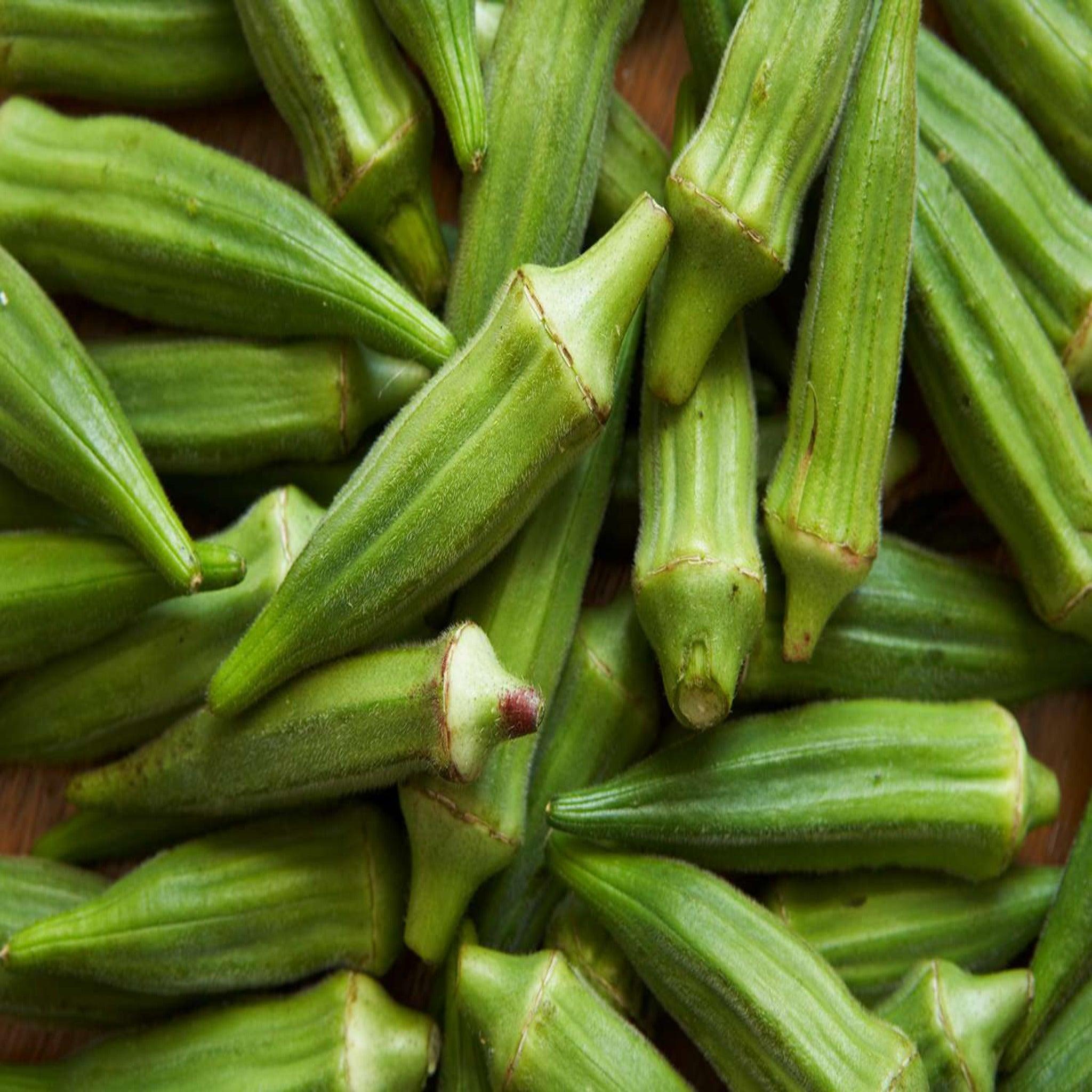
Okra - Heirloom, Non-GMO Seeds
Okra has a mild, almost grassy flavor that is uniquely okra.
While it's sometimes compared to the taste of eggplant or green beans. Okra is definitely on the 'love it or hate it' list due to the texture it develops once cooked.
It contains mucilage, a substance that acts as a natural thickener when heated.
While this is beneficial to dishes like gumbo, it also produces the sliminess that some find offensive.
Choose options

Okra - Heirloom, Non-GMO Seeds
Sale price$3.50
